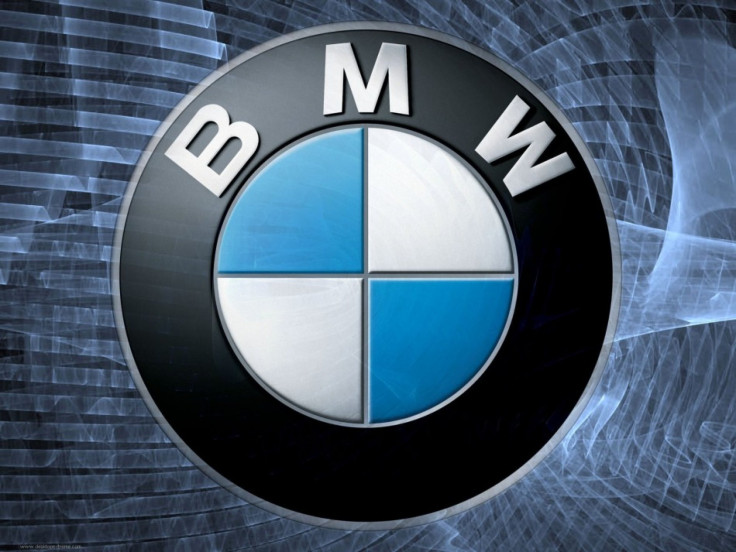BMW targets to produce 300,000 i3 electric cars annually

German carmaker BMW aims to produce around 30,000 units of its electric i3 model annually, reported Automotive News.
We are targeting volume production for the i3, the report quoted Ian Robertson, BMW's global sales and marketing head, as saying.
Robertson said sales volume for the i3 could be comparable to one of the lower-volume Mini derivatives. However, we can easily increase our output if opportunities arise. Mini sold about 30,000 units of its Clubman model globally in 2010.
The price of the i3 is yet to be decided. BMW sources indicate that the i3 will cost above 40,000 euros in Europe.
As with all BMW Group products, the BMW i3 will be a premium car, Robertson said.
Our sales will strongly depend on legislation. Not only by big markets like the U.S. or China, but by local city authorities and their terms of taxation, Robertson said. If a city like Amsterdam or London decides that you get a tax reduction, then sales will boost.
Currently, European countries such as Ireland and France offer a one-time subsidy of 5,000 euros to EV buyers.
Governments across the world have set aside billions of dollars in the form of subsidies for early adopters of these alternative energy cars and to boost production of batteries for such vehicles despite persisting doubts about how many people will actually buy them.
The Department of Energy said it is investing $2.85 billion in electric vehicles of which $2 billion will go to help US carmakers produce advanced vehicle batteries and drive train components. Around $400 million will be invested to buy, test, and deploy different types of electric vehicles in the marketplace, and $300 million in cost-share projects under the Clean Cities program.
According to a recent report from Bloomberg New Energy Finance, plug-in electric vehicles, including plug-in hybrids and battery electric vehicles, have the potential to make up 9% of auto sales in 2020 and 22% in 2030 (1.6 million and 4 million vehicle sales respectively).
© Copyright IBTimes 2025. All rights reserved.





















